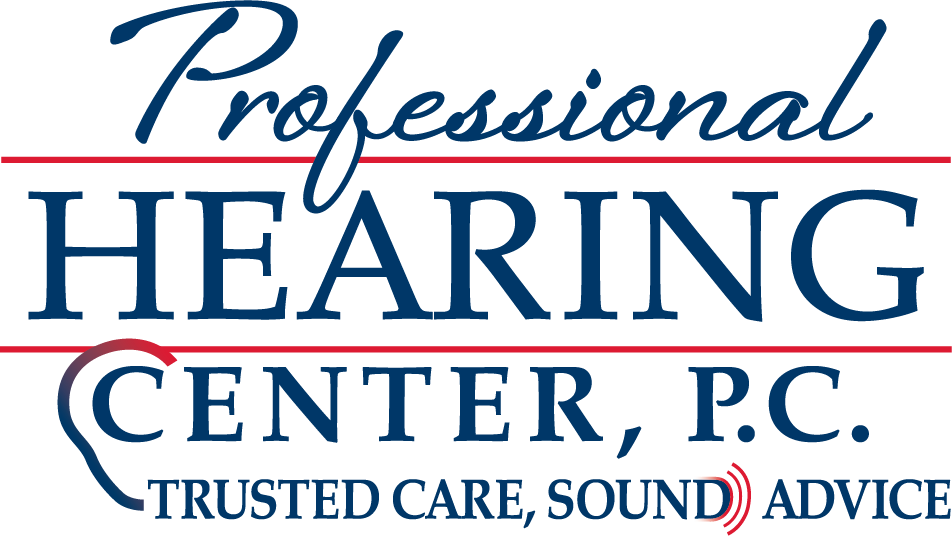
The beauty of the winter season is all about frosty cool air, getting cozy in your warm home, and cheerful holiday get-togethers. However, the chilly months also bring unique challenges for your ears and hearing health. When it’s chilly, safeguarding your hearing is crucial, whether you’re out in the freezing cold wind or dealing with the challenges of safeguarding your health from illness.
Winter comes with increased challenges for people who use hearing aids, but you can keep your hearing aids in good working order by using a few protective measures.
The effect of winter on hearing and hearing aids
Winter’s cold temperatures and severe conditions can impact your ears and hearing devices in several ways. You will be better able to protect your hearing health against the impact of cold weather if you have a clear picture of the risks.
Your risk of getting an ear infection rises
Winter weather often triggers ear infections due to temperature fluctuations and increased exposure to indoor germs. When your ears are exposed to cold air, any moisture inside can cool quickly and create an environment conducive to infection. The danger of respiratory illnesses is also increased by spending more time inside, heightening exposure to germs, bacteria, and viruses.
Hearing aid risks when it’s cold
Hearing aids can be damaged by moisture, and winter weather is full of potential hazards. Snow, rain, and even condensation from cold air can lead to malfunctions or damage. Without proper care, moisture can jeopardize the delicate electronics in hearing aids, reducing their lifespan or functionality.
Dry air and ear canal irritation
The outdoor winter air tends to be dry and inside air can also be dry as a result of heating systems. This dryness can cause your skin, including the skin in your ear canal, to become inflamed, flaky, or itchy, making ear discomfort more common in the winter.
Safeguard your hearing this winter with these tips
Fortunately, a few basic strategies can help minimize the impact of winter on your ears and hearing aids. Implementing these habits will keep you comfortable and your hearing devices working optimally.
Keep hearing aids dry and safe
Even in snowy or rainy conditions, it’s crucial to wear your hearing aids every day to maintain auditory activation.
Here are some key ways to safeguard them:
- Sudden temperature changes can cause condensation to accumulate so avoid them whenever possible.
- Eliminate moisture accumulation by storing your hearing aids in a dehumidifying container overnight.
- Think about using a protective cover or sleeve for your hearing aids to shield them from snow and wind.
Continue to be involved socially
Although it may be tempting to stay inside and secluded during the cold months, your hearing health depends on you remaining involved socially. Engaging in conversations and going to social events helps keep your brain’s auditory processing sharp. Hearing retention and mental function can even be maintained by seeing a movie or having coffee with friends.
Maintain good ear hygiene
Keeping clean and dry ears is essential during winter.
Here are a few key tips:
- Carefully dry your ears with a towel after being exposed to moisture.
- The risk of injury is increased by the use of cotton swabs which can jam earwax further into your ear canal and should never be used.
- If necessary, clean around the ear openings with a soft cloth and warm water.
Safeguard your ears by controlling your winter sickness
Since colds and flu are prevalent in winter, take extra care to avoid infections that can affect your ears:
- In order to reduce your exposure to germs, clean your hands regularly.
- Keep hydrated and follow a healthy diet to support your immune system.
- If necessary, wear a mask in crowded places and consider getting a flu vaccine.
Consult us for personalized advice
If you detect increased ear discomfort, frequent ear infections, or issues with your hearing aids, get in touch with us. We can review your concerns, provide tailored solutions, and ensure your devices are ready for winter. Minor problems can be identified early before they escalate allowing you to be ready for the challenges of the season.
Schedule an appointment for an assessment today.
